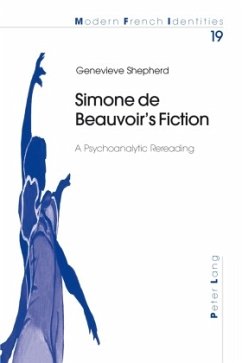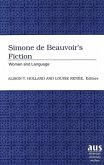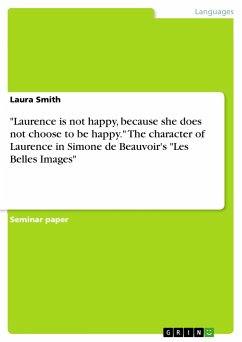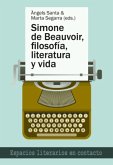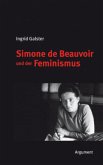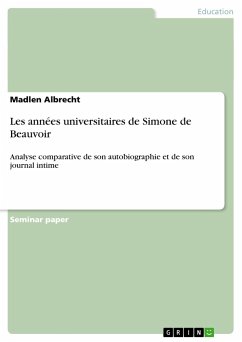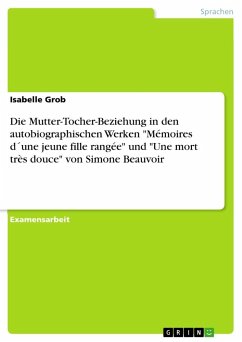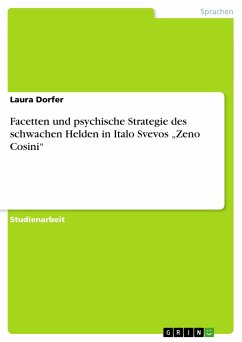Simone de Beauvoir's fiction is a largely unexplored field. This book offers new readings of her whole fictional corpus, using psychoanalysis as a critical lens. Vehemently anti-Freudian at the beginning of her career, Beauvoir denied the validity of his theories; however, her fiction hints at a different tale. It is the untold Beauvoirean story this book sets out to tell.
Firstly, using her own autobiographical admissions it examines her resolute resistance to psychoanalysis and offers possible reasons for her initial violent disavowal of its concepts. Secondly, it traces her explicit engagement with psychoanalysis as a clinical discipline through a chronological examination of her fiction. Finally, it employs psychoanalytic literary theory as a magnifying lens through which to view her entire fictional output, while also offering new interpretations of her most underread texts.
Firstly, using her own autobiographical admissions it examines her resolute resistance to psychoanalysis and offers possible reasons for her initial violent disavowal of its concepts. Secondly, it traces her explicit engagement with psychoanalysis as a clinical discipline through a chronological examination of her fiction. Finally, it employs psychoanalytic literary theory as a magnifying lens through which to view her entire fictional output, while also offering new interpretations of her most underread texts.

